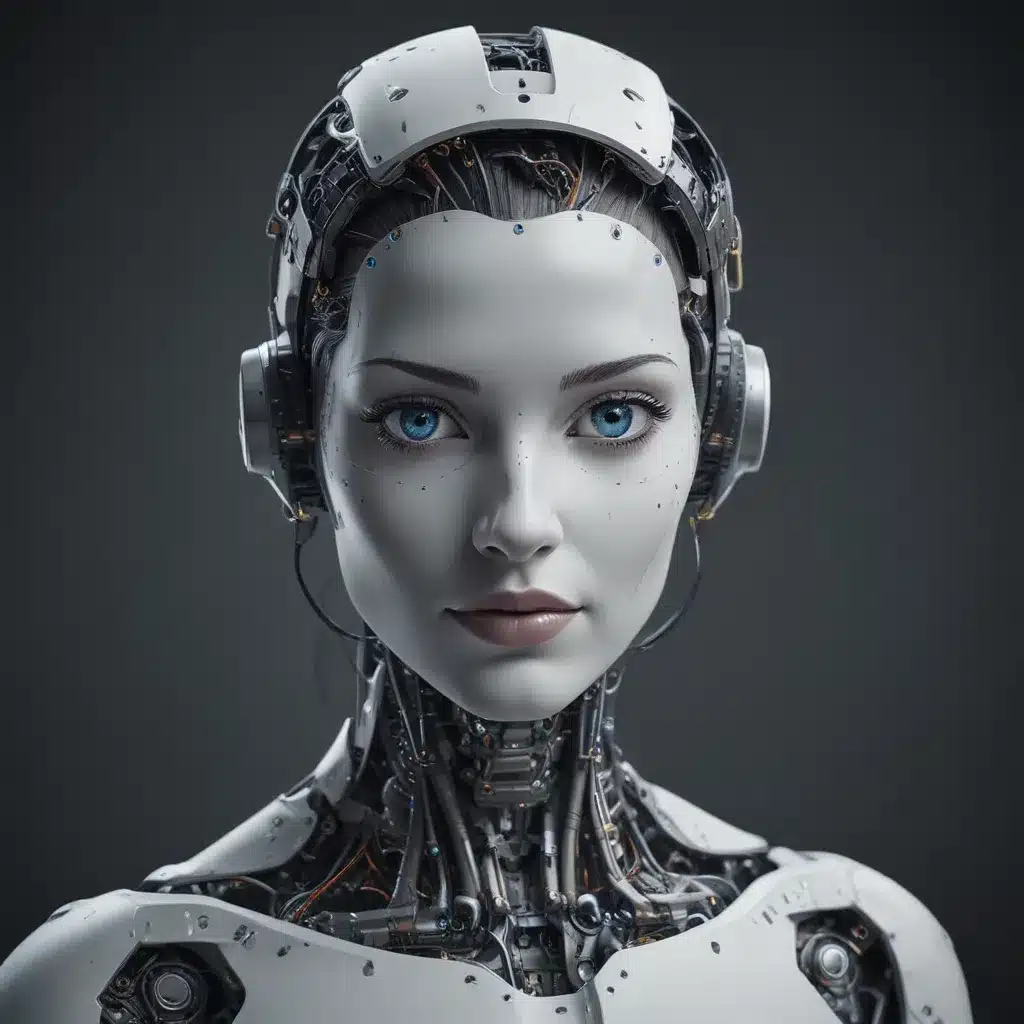
The Rise of AI-Driven Code Generation
I have long been fascinated by the rapid advancements in artificial intelligence (AI) and its potential to revolutionize various industries, including software development. As an experienced software engineer, I have witnessed firsthand the challenges and complexities inherent in traditional coding practices. The process of writing, testing, and maintaining code can be time-consuming, error-prone, and often requires a high level of specialized knowledge. However, the emergence of AI-driven code generation promises to transform this landscape, offering a more efficient and streamlined approach to software development.
In this in-depth article, I will explore the concept of automated AI code generation, delving into its underlying principles, the latest advancements, and its potential impact on the software development industry. I will also discuss the various use cases, benefits, and challenges associated with this transformative technology, drawing insights from industry experts and real-world case studies.
Understanding Automated AI Code Generation
The premise of automated AI code generation is simple yet powerful: by leveraging the capabilities of artificial intelligence, we can automate the process of writing and generating code. This approach harnesses the power of machine learning algorithms to analyze and understand software requirements, programming patterns, and best practices, and then generate optimized code that aligns with these parameters.
But how exactly does this process work? At the core of automated AI code generation are language models, sophisticated algorithms that can process and generate human-like text. These models are trained on vast datasets of existing code, allowing them to learn the intricacies of programming languages, design patterns, and coding conventions. When presented with a set of requirements or a high-level description of the desired functionality, the AI can then generate the corresponding code, often with remarkable accuracy and efficiency.
The Impact of Automated AI Code Generation
The potential impact of automated AI code generation on the software development industry is profound. By automating the repetitive and time-consuming aspects of coding, this technology can significantly improve developer productivity, reduce development timelines, and minimize the risk of human error.
One of the most tangible benefits of this approach is the ability to rapidly prototype and iterate on software solutions. Instead of spending weeks or months manually coding a new feature or application, developers can leverage AI-generated code to create working prototypes in a matter of hours or days. This agility can be particularly valuable in fast-paced, highly competitive markets, where the ability to quickly respond to changing customer needs can make all the difference.
Moreover, automated AI code generation can also enhance the quality and maintainability of the resulting software. By adhering to best practices and design patterns, the generated code is often more consistent, scalable, and easier to understand and maintain than code produced through traditional methods. This can lead to a reduction in technical debt and a more sustainable software ecosystem over the long term.
Overcoming Challenges and Limitations
of course, the adoption of automated AI code generation is not without its challenges and limitations. One of the primary concerns is the potential risk of generating code that is not fully aligned with the intended functionality or business requirements. While AI models can be trained to produce high-quality code, they may still struggle to capture the nuances and contextual information that human developers can easily navigate.
Another key challenge is the need for robust governance and control mechanisms. As AI-generated code becomes more prevalent, it will be crucial to establish clear processes and guidelines to ensure the integrity, security, and compliance of the resulting software. This may involve techniques such as code reviews, testing, and auditing to verify the accuracy and reliability of the AI-generated output.
The Future of Automated AI Code Generation
Despite these challenges, the future of automated AI code generation looks incredibly promising. As the underlying technology continues to evolve and improve, we can expect to see even more sophisticated and capable AI-driven code generation tools emerge. These tools may integrate seamlessly with existing development workflows, offering real-time code generation capabilities and seamless collaboration between human developers and AI assistants.
Moreover, the potential applications of this technology extend far beyond traditional software development. Imagine a world where AI-powered code generation can be applied to the creation of complex systems, such as autonomous vehicles, robotics, or even scientific simulations. The ability to rapidly prototype and iterate on these types of systems could lead to groundbreaking advancements in various industries.
Conclusion: Embracing the AI-Driven Future of Coding
As I reflect on the journey of automated AI code generation, I am struck by the immense potential it holds to transform the software development landscape. By harnessing the power of artificial intelligence, we can unlock new levels of productivity, quality, and innovation in the way we create software.
Of course, the path forward will not be without its challenges, and it will be crucial for developers, researchers, and industry leaders to work together to address the technical, ethical, and practical considerations that arise. But I firmly believe that the benefits of automated AI code generation far outweigh the obstacles, and that this technology will play a pivotal role in shaping the future of software development.
As we move forward, I encourage you, the reader, to stay curious, explore the latest advancements, and consider how you might leverage AI-driven code generation in your own work. The future of coding is here, and it is a future of precision, efficiency, and boundless innovation.












